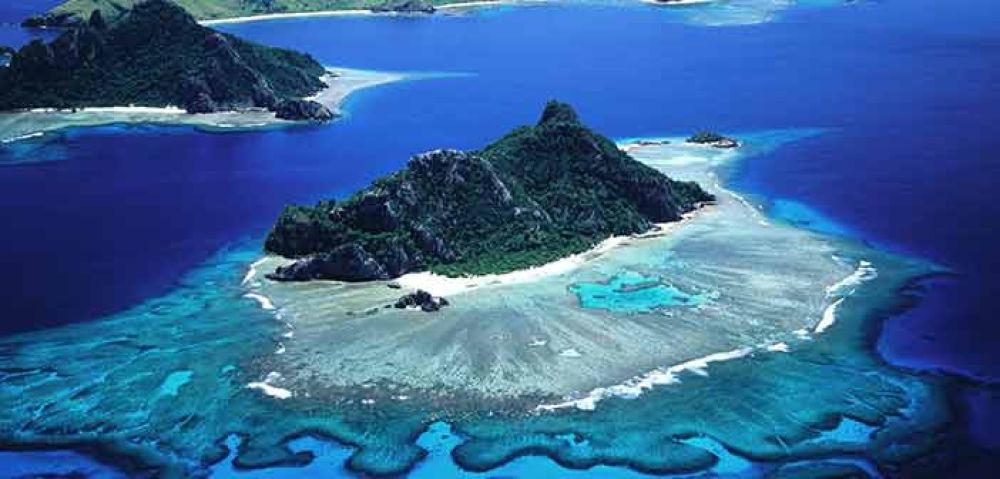

The Kavaratti Island, nestled in the heart of the Arabian Sea, is one of the most pristine and scenic locations of the Lakshadweep archipelago. The tourism history of Lakshadweep is relatively young, with the islands being opened up to tourism as late as the 1970s. Since then, the lagoon surrounding Kavaratti has been a sparkling attraction for tourists seeking serenity and untouched natural beauty.
The island's history intertwines with the maritime history of the Indian Ocean. The lagoon was primarily a source of sustenance for the indigenous population, who relied on it for fishing and pearl diving. It was only in the latter half of the 20th century that the government recognized the potential of promoting Lakshadweep as a tourist destination. Special regulations were established to preserve the delicate ecosystem, and tourism was developed with a sustainable approach.
The lagoon's crystal clear waters, vibrant marine life, and the beautiful coral reefs make it a haven for water sports enthusiasts. It encompasses an array of activities like snorkeling, scuba diving, and kayaking, which allow tourists to witness a mesmerizing underwater world. The sandy beaches that border the lagoon are perfect for sunbathing and beach-side relaxation, making it a coveted spot for leisure travelers.
In order to maintain the pristine condition of the Kavaratti lagoon, tourism is regulated. The number of visitors is controlled, and activities are closely monitored to ensure minimal environmental impact. Eco-tourism is encouraged, with many initiatives in place to educate visitors on the delicate coral ecosystem and promote environmentally friendly practices.
Recent trends in the tourism sector of Kavaratti Island emphasize personalized experiences and sustainable travels. Tourists now seek comprehensive packages that include opportunities for cultural immersion, such as participating in local festivals or sampling regional cuisine. There's also an increasing interest in boutique resorts and exclusive water villas that offer privacy while still adhering to green practices.
Accommodations on Kavaratti range from simple lodges to more luxurious resorts, which are designed to blend with the environment. To maintain exclusivity and environmental balance, lodging capacities are intentionally kept low. The island can be accessed by flights to Agatti Airport followed by a short boat ride to Kavaratti, ensuring the journey is just as remarkable as the destination.
As tourism continues to evolve, Kavaratti Island is emerging as a leader in offering sustainable luxury travel. Future plans involve furthering conservation efforts and introducing more eco-friendly amenities to ensure Kavaratti remains a paradisiacal getaway for generations to come.
In conclusion, the lagoon surrounding Kavaratti on Kavaratti Island has come a long way since Lakshadweep opened its doors to tourism. It stands as a testament to the fine balance between welcoming the world and preserving the natural splendor that makes this destination truly unique.